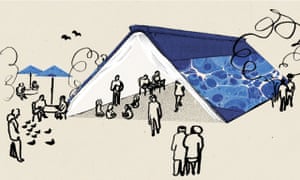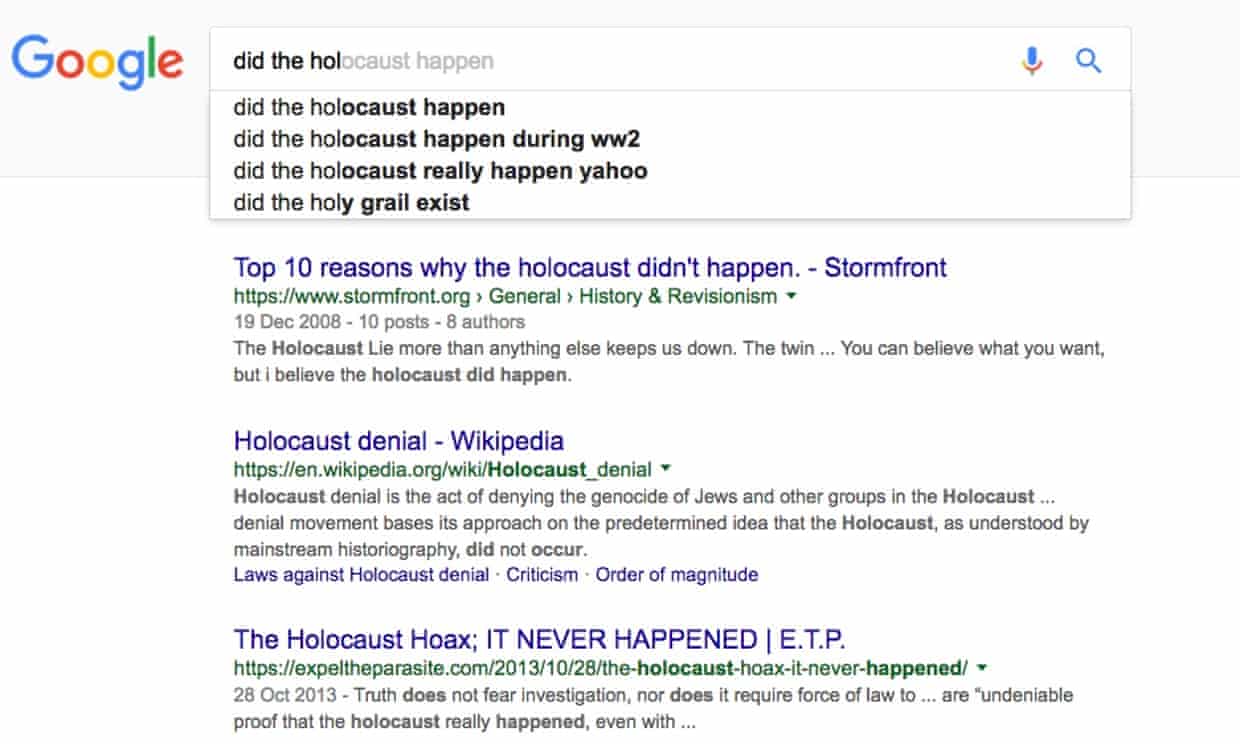by Wayne Rash | Posted 20106-12-07
NEWS ANALYSIS: Enraged by fake news story, a man fires a rifle
three time into a pizza restaurant in the U.S. capital, bringing urgency
to efforts to find ways to rein in false rumor stories circulating on
the internet.
WASHINGTON—It was an event that many of us in the news
business have feared would happen: A deranged gunman, fueled by passion
based on a series of fake news stories, came to the nation's capital
with an assault rifle, entered a place of business and fired.
The gunman, Edgar Maddison Welch of Salisbury, North Carolina, was
quickly arrested after shooting into the Comet Ping Pong pizzeria three
times. He told police after he was arrested that he came to Washington
to investigate reports of a child sex-trafficking ring being run out of
the pizzeria by Hillary Clinton and her campaign manager John Podesta.
The fake news about Comet Ping Pong had been circulating on social media
since before the election, with increasingly shrill stories seemingly
attributed to reliable media sources. The stories got so far out of
control that one site, Reddit, banned any discussion of what had become
known as "pizzagate" from its forums.
But that wasn't the only incident based on this fake news story.
Read more...





